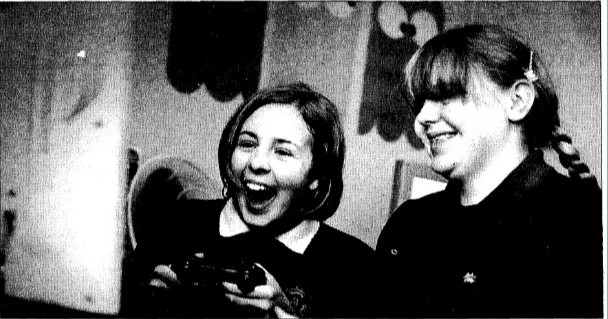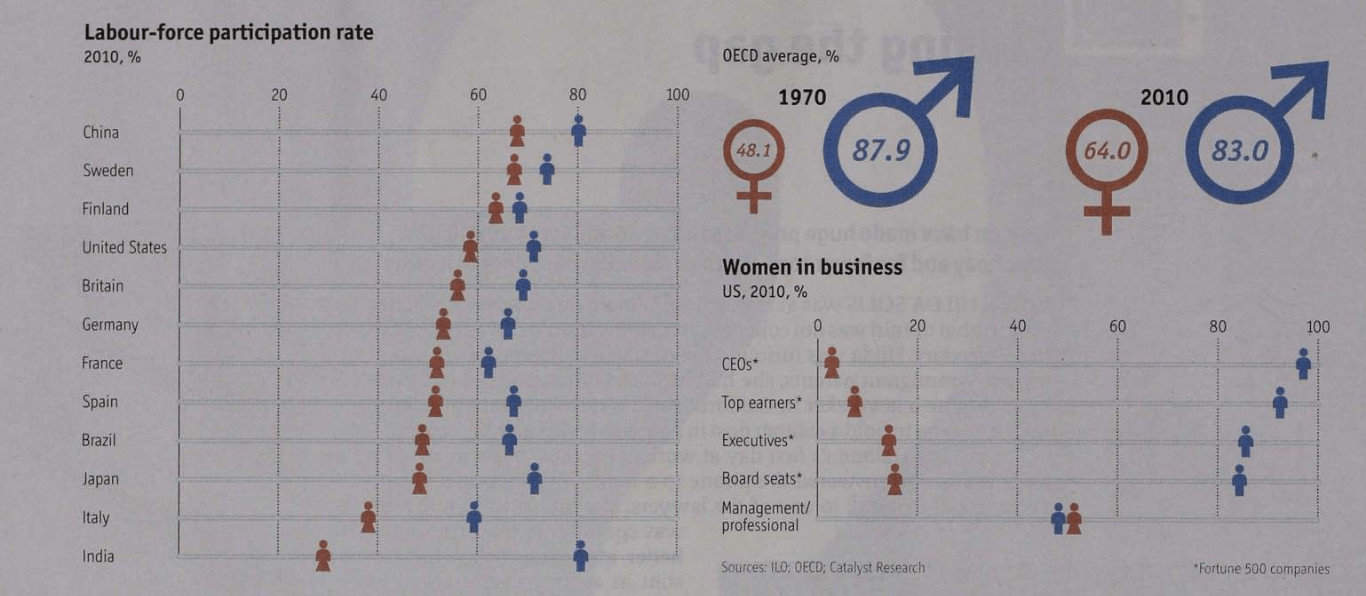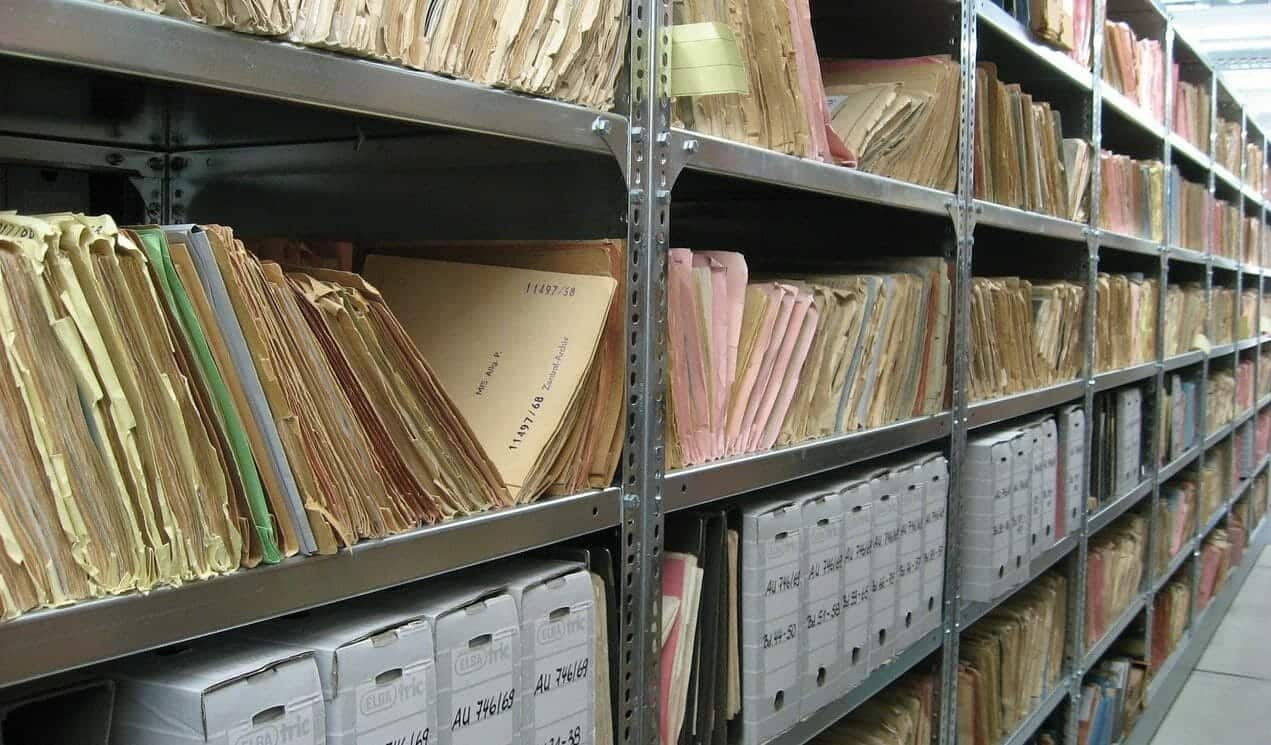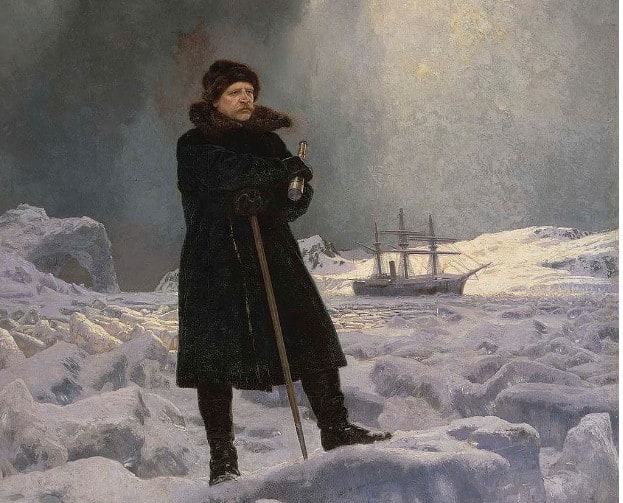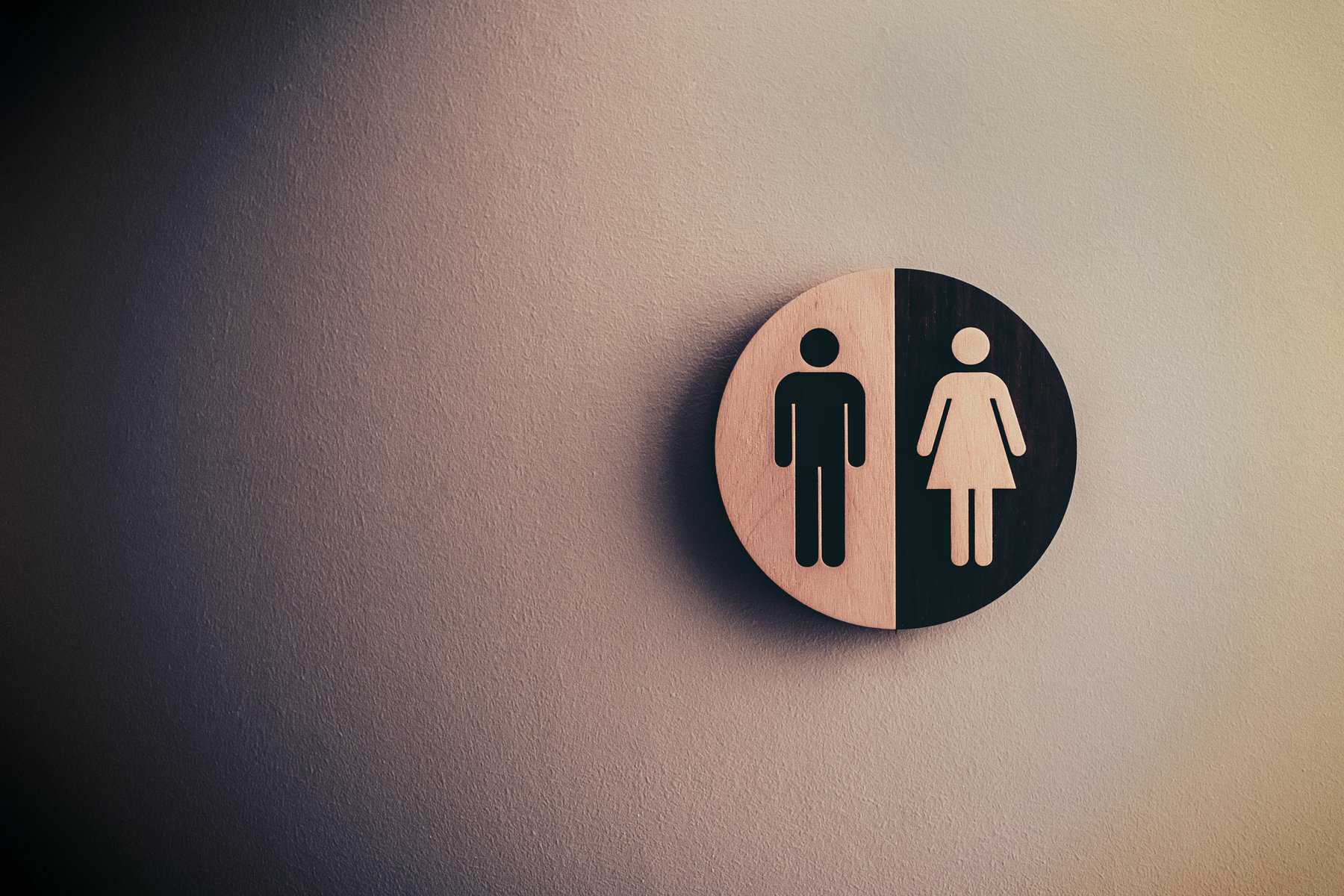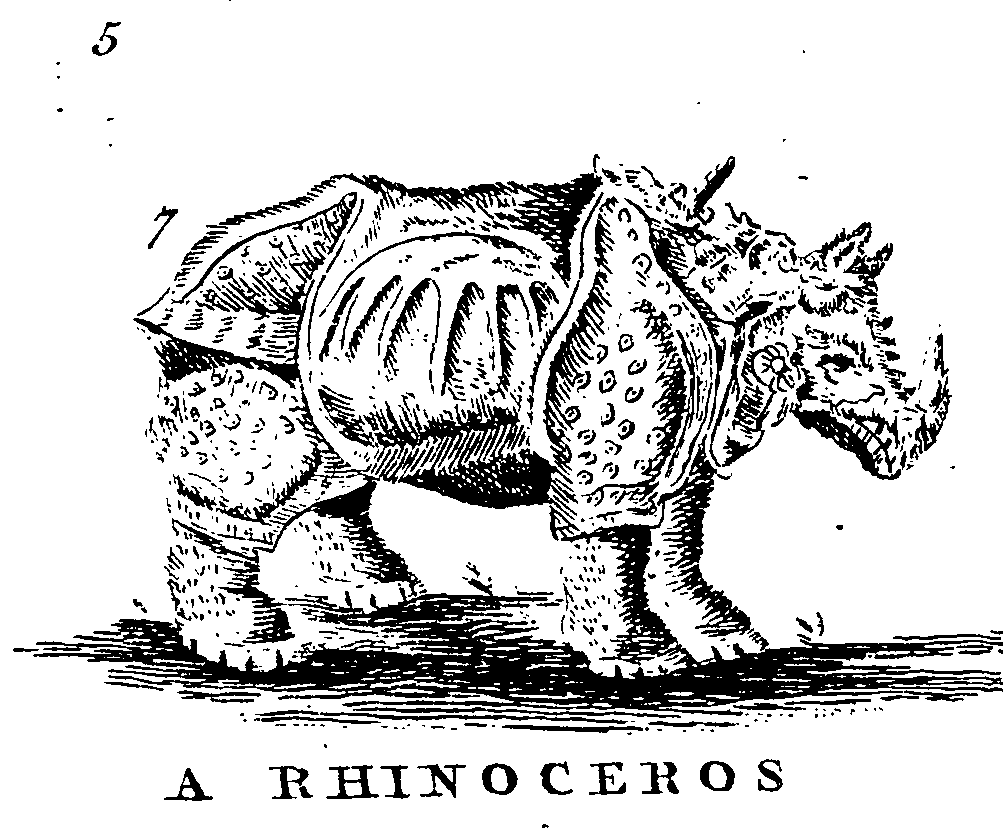│By Torsti Grönberg, Gale Ambassador at the University of Helsinki│
Starting your first week of university can undoubtedly feel daunting. When I think back to my first week at the University of Helsinki, I remember feeling overwhelmed by this strange new world I had thrown myself into. For many students, starting university means starting an entirely new chapter in their lives. Like me, you might not know anyone from your faculty, and you might be living in a completely unfamiliar city as well. University also requires an entirely different level of independence than your previous scholarly pursuits; there’s no one looking over your shoulder to make sure your work gets done on time – you and you alone are responsible for your studies. In this blog post I will detail a few tips and tricks I wish someone had told me at the beginning of my university studies and provide some general advice on how to make the most of university!


